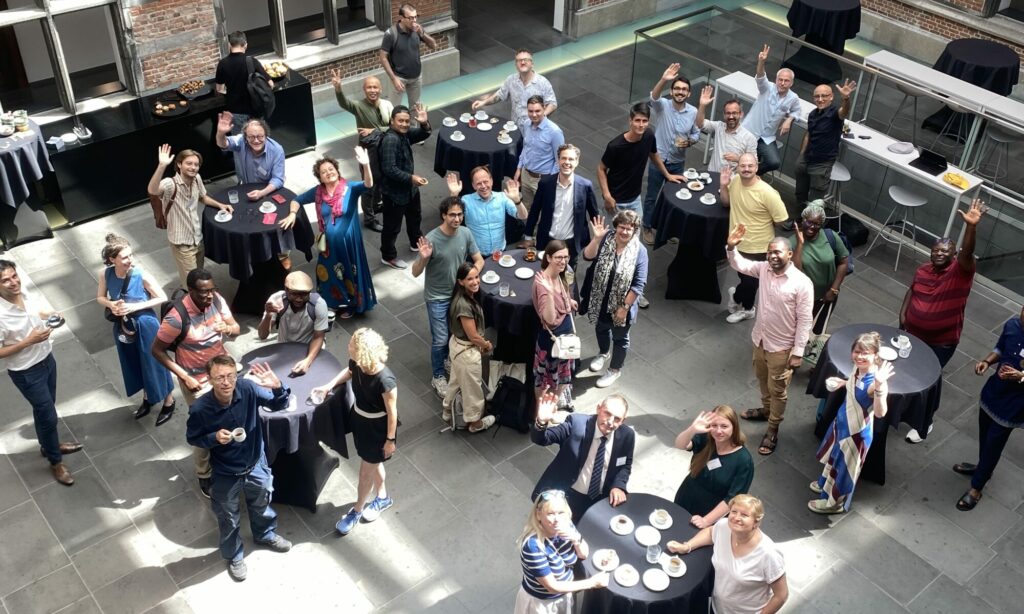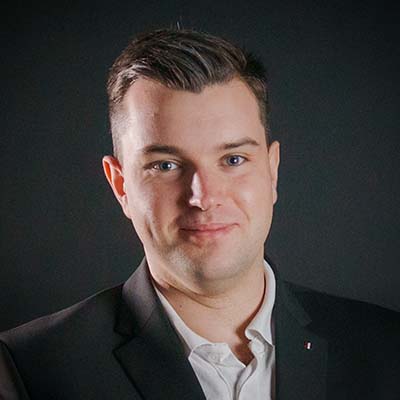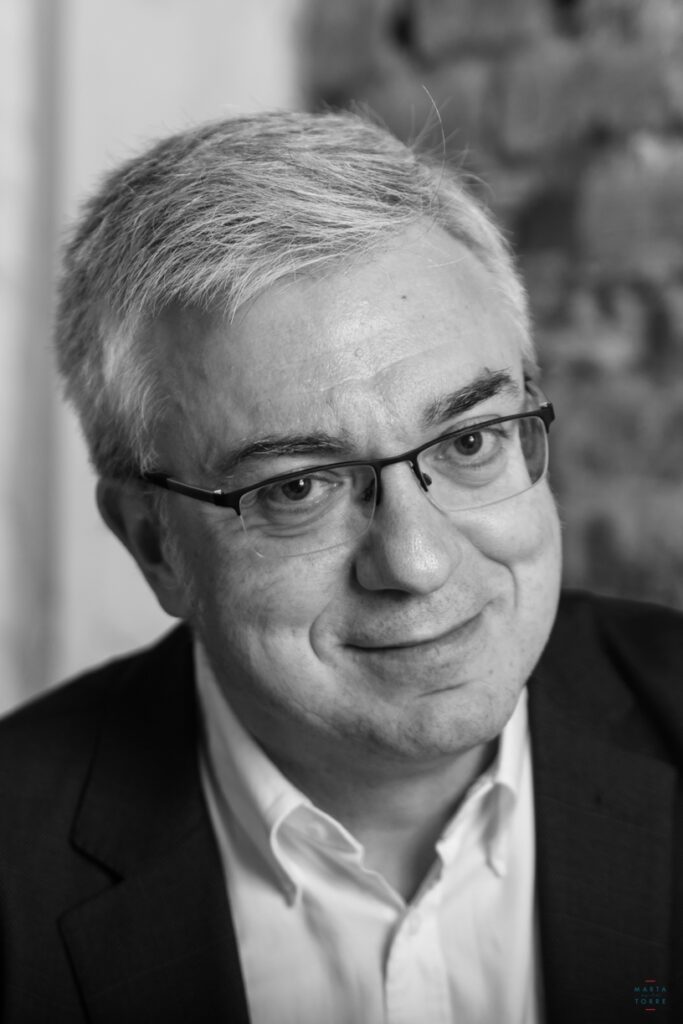Dates: 11-13 June 2026
Location: University of Münster
Organizers: Association for Political History (APH), Research School Political History (RSPH/OPG), Utrecht University: Security History Network/History of International Relations (SHN), University of Münster: Centre for Empire Studies (CES) and ZNS Centre for Dutch Studies
We welcome proposals for Panels (3-4 panellists), Papers (in mixed panels), and Posters.
Specific requirements are explained below. Please direct your questions and send your
proposals to: Dr. Lotte van Hasselt (RSPH/OPG), bureau@onderzoekschoolpolitiekegeschiedenis.nl.
Empire Studies has been one of the most productive research areas of recent years and
historians in this field working from security, colonialism, migration, state formation, the history of law and other angles are making valuable contributions to the history of the political. At the conference we aim to showcase and discuss the ongoing “dynamizing and decentring” impulses in current historical research on empires and examine how these developments intersect with and push forward broader efforts to recalibrate the history of the political.
As one of the most prominent definitions of concept has it, “empires” are in
themselves “large political units, expansionist or with a memory of power extended over space, polities that maintain distinction and hierarchy as they [attempt to] incorporate new people” (Burbank & Cooper, 2010, 8). In consequence, historians often tend to focus on individual empires and their internal structures and processes. Yet they also existed in direct relations to each other, exerting mutual influence and steering one another’s policies. Throughout history, their drive towards political and/or economic control across and beyond their vaguely delineated territories tended to deem contact zones between empires sites of predatory contestations, competitions and reluctant alliances.
In this conference we highlight the role of empires in world politics, not just as
conquering entities on their own, but in the way they were embedded within webs of
“transimperial” cooperation. Beatrice de Graaf, Ozan Ozavci and Erik de Lange have for instance established that rivalling empires often cooperated within large scale transimperial security regimes (De Graaf, Ozavci, De Lange 2025). By stressing this, we borrow from Daniel Hedinger and Nadin Heé, in trying to “dynamize and decentre the history of empires both on the level of empirical research and historiographical analyses” (Hedinger & Heé, 2018, 30). Next to that, we are inspired by Christoph Kamissek and Jonas Kreienbaum’s conceptualization of the circulation of knowledge between empires (Kamissek & Kreienbaum, 2016).
lt was especially in the modern era, i.e. from the late eighteenth century, that new
operative categories and hierarchies that structured transimperial encounters emerged. Alliances between empires had been part and parcel of seventeenth- and eighteenthcentury maritime warfare, but they had remained purely functional, fleeting and unreliable, limited to situations of war alone. Then, in 1814-15, during the peace conferences in Paris and Vienna, a design for collective security in peacetime was rolled out, resting on a formal distinction between the Great Powers and the lower-rank polities.
Contact zones between these different imperial powers were then reconfigured in a
manner to foster cooperation. ln-between spaces were no longer deemed as sites of
predatory contestation, competition and war alone. Even though previous eras had also seen military alliances and aid, now, for the first time, among the Great Powers security regimes as well as diplomatic, economic, financial, scientific and legal international institutions were forged – later to be opened to imperial newcomers.
A set of procedures that were to operate as codes of conduct and rules of behaviour
of these regimes and institutions took shape all over the world. Imperial competition became increasingly regulated. Norms were endorsed to maintain peace and order. These included “self-restraint, consultation in times of crisis, willingness to act together and its corollary refusal to act unilaterally, and constant assurances of one another of their pacific intent and commitment to the maintenance of stability” (Richardson, 1999, 51). Furthermore, institutions were created, that served the exchange of knowledge
between empires and in turn constituted contact zones themselves. Examples include the lnstitut Colonial International, the International Maritime Bureau or the Permanent Mandate Commission of the League of Nations.
Regarding the 2026 conference, we are therefore specifically interested in proposals
for panels, papers and posters on instances where empires cooperated, on moments of
conference diplomacy, on multilateral ways in dealing with crises, on circulating knowledge and experiences in formal and informal forums and on any other discourse regarding the assertion or contestation of imperial interests as well as governance, especially but not exclusively in geographical as well as institutional contact zones between imperial powers.
Topics could be, among others: non-intervention, mutual consultation and collective
decision-making, creation of so-called “buffer states”, interventions and multilateral action, mediation and conflict resolution, communication and provision of advance notification, circulation of information and knowledge, cooperation in the regulation of infrastructure and mobility of goods and persons, in fighting disease or crime or in different efforts of standardization. Finally, we welcome not only proposals on institutions, actors and practices shaped by (often European) empires, but also those on non-Western practices of cooperation in (post-)imperial spaces, for example in the field of polities, economy, religion, humanitarianism or
other solidarity movements.
As Ulrike von Hirschhausen and Jörn Leonhard have recently noted “it seems as
though empires have returned to our world” (von Hirschhausen & Leonhard, 13). For
historians this has certainly been one reason to recently heighten their engagement with empires. The result is impressive: research programs, institutions, study programs and, of course, publications abound. The time is here to take stock of these accomplishments and what they imply for the broader field of the history of the political.
Panels, Papers, and Posters:
As stated above, we welcome proposals for panels that discuss the topic of empire in the broadest sense and are embedded in the field of political history. Specific requirements to meet in your proposals:
- Panels: Please send us either proposals for a single panel of two hours (3-4
panellists), or a pair of interconnected panels (6-8 panellists). Each panel has a chair
and a discussant. Proposals for panel sessions contain:- a position paper describing the topic, main puzzle, and its relevance for the
study of empires in connection with the history of the political (maximum 500
words); - a list of proposed panellists (preferably a mix of junior – graduate, PhD – and
more advanced scholars), a short biographical note on each of them (about 50
words), and a 100-word summary of their papers; and - the name of both the chair and the discussant and their affiliation.
- a position paper describing the topic, main puzzle, and its relevance for the
- Papers: Send us a brief description (name, affiliation, paper title, main question,
content, and a short biographical note; no more than 250 words). - Posters: Early-career historians especially are encouraged to present their work-inprogress in a poster format. Send us a brief description (name, affiliation, title, main
question, content, and a short biographical note; no more than 250 words). - Please direct your questions and send your proposals to: Dr. Lotte van Hasselt
(RSPH/OPGH), bureau@onderzoekschoolpolitiekegeschiedenis.nl - Practical information:
Proceedings will open on Thursday, 11 June, 4 PM, and close on Saturday, 13 June 2026, 1PM CET approximately. As your local host, the University of Münster, will assist attendees in finding accommodation. We aim to subsidise those unable to finance their participation and are currently collecting funds. Expect further information on this and on potential fees after application. - Organizing Committee:
Prof. Dr. Beatrice de Graaf, Dr. Lotte van Hasselt, Dr. Erik de Lange, Dr. Kevin Lenk,
Prof. Dr. Silke Mende, and Prof. Dr. Jacco Pekelder. - Cited works:
- Burbank, J., & Cooper, F. (2010). Empires in World History. Princeton University Press,
Princeton etc. - De Graaf, B.A., Ozavci, 0. & De Lange, E. (2025). Securing Empire: Imperial
Cooperation and Competition in the Nineteenth Century, Bloomsbury, Londen. - Hedinger, D., & Heé, N. (2018). ‘Transimperial History – Connectivity, Cooperation and
Competition’. Journal of Modern European History / Zeitschrift für Moderne
Europäische Geschichte / Revue d’histoire Européenne Contemporaine, 16(4), 429-
452. - Kamissek, C. & Kreienbaum, J. (2016). ‘An Imperial Cloud? Conceptualising
lnterimperial Connections and Transimperial Knowledge’. Journal of Modern
European History 14(2), 164-182. - Richardson, L. (1999). ‘The Concert of Europe and Security Management in the
Nineteenth Century’, in Haftendorn, H., Keohane, R.O., & Wallander, C.A. (eds.),
Imperfect Unions: Security lnstitutions over Time and Space, 48-80. Oxford University
Press, Oxford. - von Hirschhausen, U. & Leonhard, J. (2023). Empires. Eine globale Geschichte 1780-1920. C.H. Beck, München.



